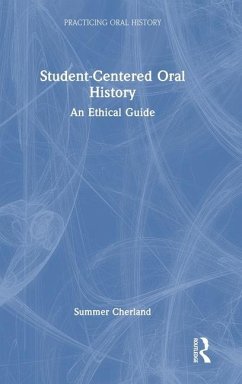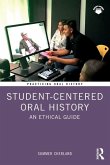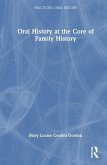Student-Centered Oral History explores the overlaps of culturally relevant teaching, student-centered teaching, and oral history to demonstrate how this method empowers students, especially those from historically underrepresented communities.
With tangible tools like lesson plans and reflection sheets, available to download as eResources from the book's website, each interactive chapter is applicable to classrooms and age groups across the globe. Educators from all levels of experience will benefit from step-by-step guides and lesson plans, all organized around guiding questions. These lessons coach students and educators from start to finish through a student-centered oral history. Background research, historical context, cultivating a culture of consent, analysis, promotion, and gratitude are among the many lessons taught beyond writing questions and interviewing. With a specific focus on the ethics influencing a teacher's role as guide and grader of a student-centered oral history, this book also highlights successful approaches across the world of students and teachers discovering oral history. These examples reveal how student-centered oral history empowers academic achievement, radicalizes knowledge, develops relationships, and promotes community engagement.
This book is a useful tool for any students and scholars interested in oral history in an educational setting.
With tangible tools like lesson plans and reflection sheets, available to download as eResources from the book's website, each interactive chapter is applicable to classrooms and age groups across the globe. Educators from all levels of experience will benefit from step-by-step guides and lesson plans, all organized around guiding questions. These lessons coach students and educators from start to finish through a student-centered oral history. Background research, historical context, cultivating a culture of consent, analysis, promotion, and gratitude are among the many lessons taught beyond writing questions and interviewing. With a specific focus on the ethics influencing a teacher's role as guide and grader of a student-centered oral history, this book also highlights successful approaches across the world of students and teachers discovering oral history. These examples reveal how student-centered oral history empowers academic achievement, radicalizes knowledge, develops relationships, and promotes community engagement.
This book is a useful tool for any students and scholars interested in oral history in an educational setting.

